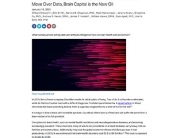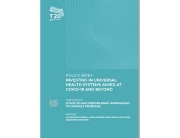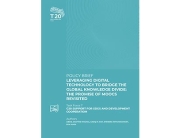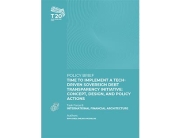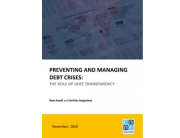Author(s): Rym Ayadi, Salim Gadi
Financial Markets
Date: 24 October 2013
Pages: 50
The EU and the GCC formalised their relations in 1988 with the signature of a Cooperation Agreement and the engagement in negotiations for a free trade agreement (FTA). Despite an ambitious framework, however, political and economic relations remain limited, as evidenced by the failure to conclude the FTA. Against this backdrop, and with the growing importance of the Gulf region’s trade and investment relations with Europe and the geopolitical outlook of the Arab world, this paper analyses EU-GCC trade and investment patterns over the last two decades. The paper starts by providing a summary of EU-GCC relations. In the second section, it reviews patterns in bilateral trade and foreign direct investment, and goes on to assess both parties’ interests and potential gains from concluding an FTA. Finally, it asks whether a free trade deal is likely between the regions and attempts to suggest avenues for strengthening economic and political cooperation.
Sharaka
Sharaka is a two-year project implemented by a consortium led by Istituto Affari Internazionali (IAI). The project, partially funded by the European Commission, explores ways to promote relations between the EU and the Gulf Cooperation Council (GCC), through the implementation of policy-oriented research, outreach, training and dissemination activities. The overall project aim is to strengthen understanding and cooperation between the EU and the GCC, with particular attention to the strategic areas identified in the Joint Action Programme of 2010, such as trade and finance, energy, maritime security, media and higher education.
For more information visit www.sharaka.eu

